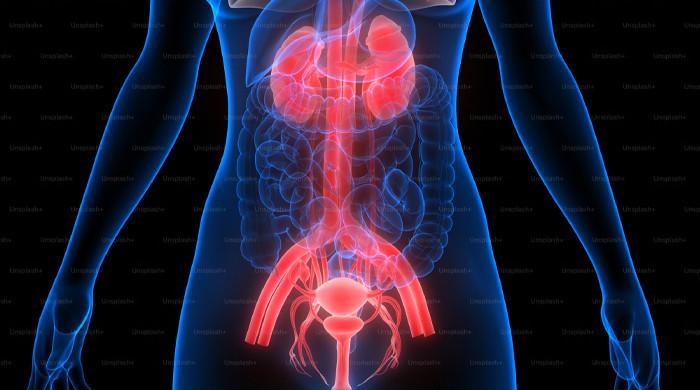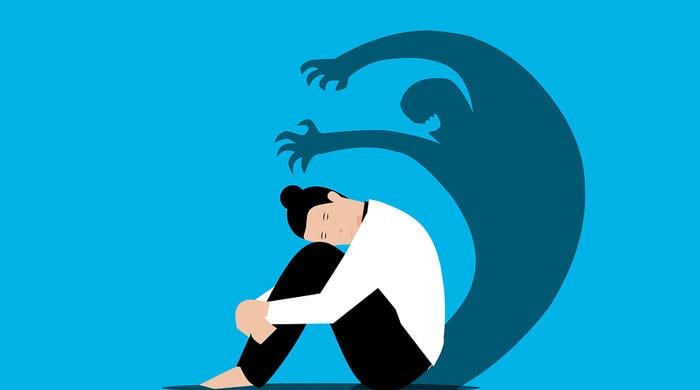Five alarming signs of vitamin deficiency you may not know
The signs and marks of not consuming enough vitamins appear gradually on your body
March 26, 2024
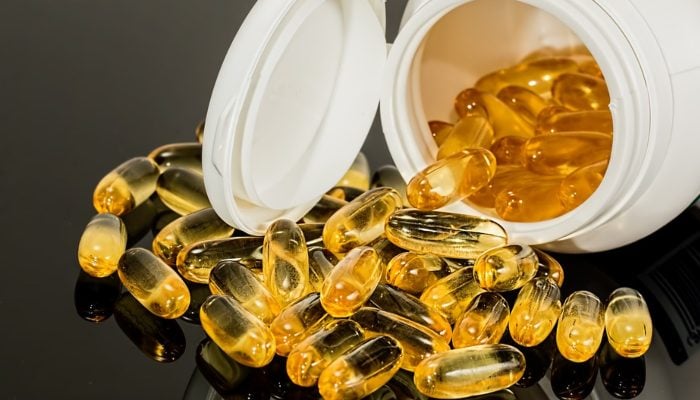
A well-balanced diet is what gets you through a healthy and active lifestyle which is why, when the food you consume is lacking essential nutrients it may cause various unpleasant symptoms or even serious side effects.
Here are five signs and symptoms that might feel like a part of yourself but actually acts as an alarm bell telling you to work on your potential vitamin and mineral deficiencies.
1. Brittle hair/nails:

Brittle nails and hair can be caused by a number of things; insufficient biotin is one of them.
Vitamin B7, or biotin, aids the body's process of converting food into energy.
Biotin deficiency is not common, but when it does happen, some of the most obvious signs and symptoms are brittle, thinning, or splitting hair and nails.
Eggs, organ meats, fish, meat, dairy products, nuts, seeds, spinach, broccoli, cauliflower, sweet potatoes, yeast, whole grains, and bananas are foods rich in biotin which can help you with brittle hair and nails.
2. Mouth ulcers / cracks near mouth corners:
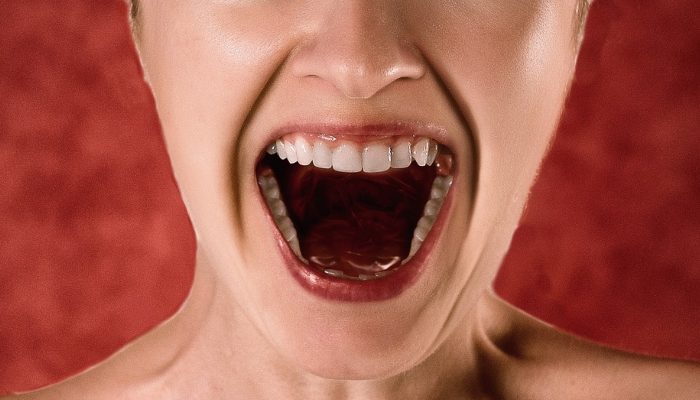
A low intake of specific vitamins or minerals may contribute to lesions in and around the mouth.
About 28% of patients with recurrent mouth ulcers in a small, earlier study reported lack of pyridoxine (vitamin B6), thiamine (vitamin B1), riboflavin (vitamin B2), or a combination of the vitamins.
Foods high in riboflavin include poultry, meat, fish, legumes, dark greens, nuts, seeds, and whole grains are foods high in iron.
3. Bleeding gums:
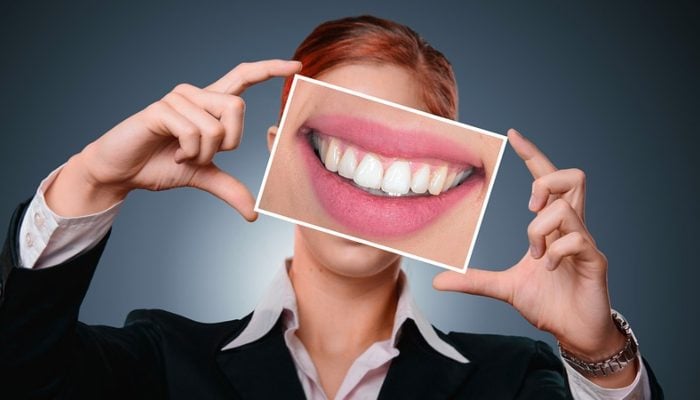
Bleeding gums can sometimes be caused by using a hard brushing technique but a diet low in vitamin C can also play a major role.
Vitamin C functions as an antioxidant to help prevent cell damage and plays a significant role in immunity and wound healing.
Eating at least 1.5–2 cups of fruit and 2-3 cups of vegetables each day is essential to consuming adequate vitamin C.
4. Poor night vision:
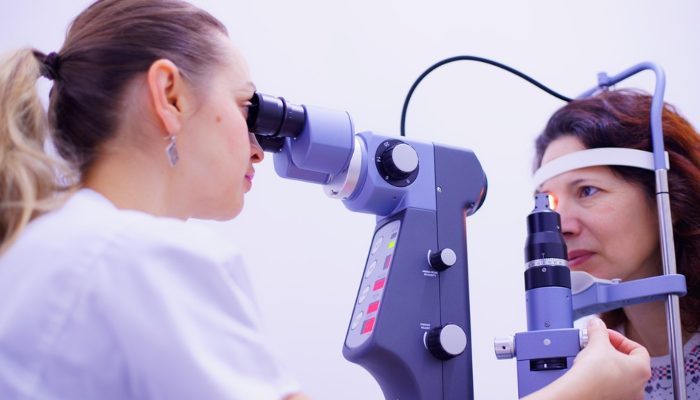
A diet lacking in nutrients may occasionally result in issues hindering your sight.
For example, poor vitamin A intake is frequently associated with night blindness, a condition that impairs vision in dim or dark environments.
People combating the condition should consider consuming more vitamin-A-rich foods such as organ meats, dairy, eggs, salmon, dark leafy greens, and vegetables with yellow or orange hues.
5. Scaly patches/dandruff:

Dandruff and seborrhoeic dermatitis (SB) belong to the same category of skin conditions that affect the oil-producing parts of your body.
While seborrhoeic dermatitis can also affect the face, upper chest and armpits, dandruff is primarily limited to the scalp.
As for seborrhoeic dermatitis and dandruff, there are numerous causes which includes low blood levels of vitamins pyridoxine (vitamin B6) and riboflavin (vitamin B2).
Foods like dairy, eggs, chicken, meat, fish, oats, nuts, and some vegetables are strong sources of riboflavin and pyridoxine.







